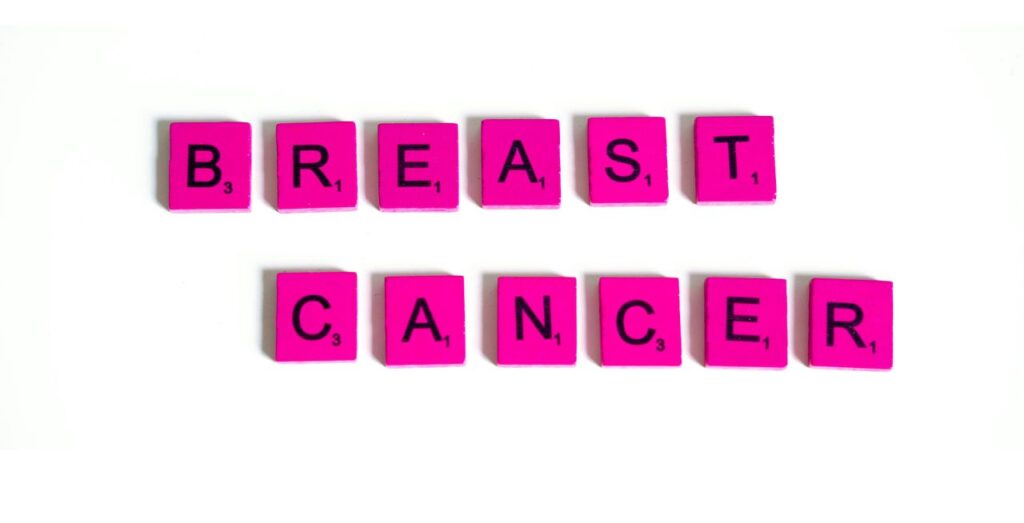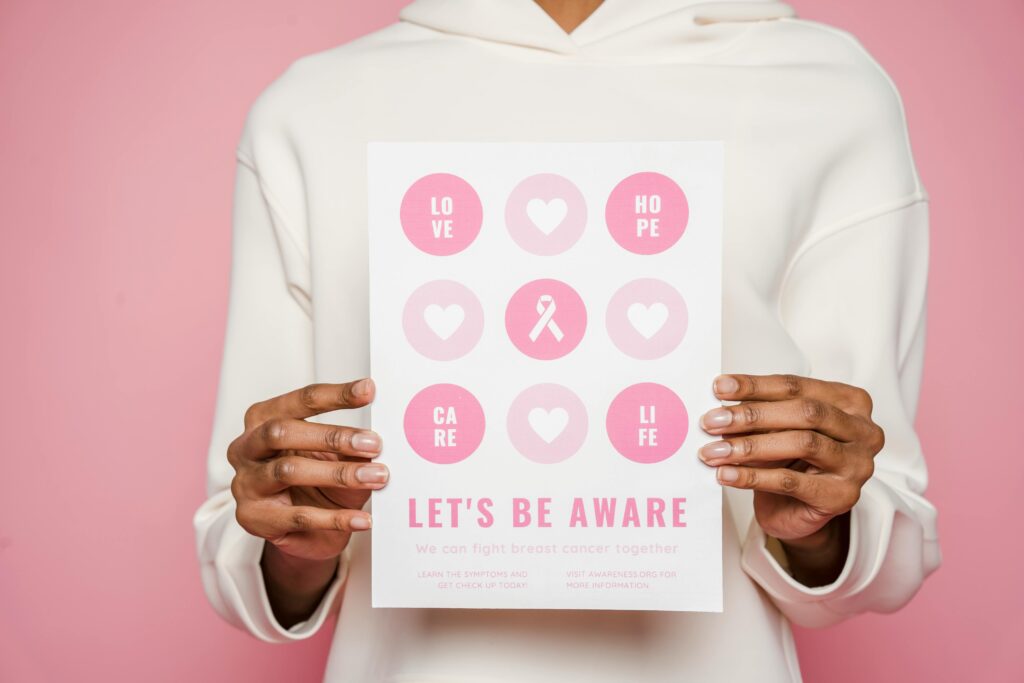
Breast Cancer Awareness: Timely Detection Saves Lives (Image credit : Pexels)
Let’s collaborate to ensure that everyone has the knowledge and resources necessary to confront breast cancer with courage and hope. Dr. Somesh Chandra, Director & Head of the Department of Surgical Oncology at Sterling Hospitals, discusses how awareness about breast cancer can be a lifesaver.
Breast cancer is widely recognized as one of the most prevalent cancers globally. In 2022 alone, India is projected to account for approximately 28.2% of all female malignancies, with an estimated 216,108 cases. Over the past twenty-five years, the age-standardized incidence rate of female breast cancer has surged by 39.1% across every state in India, from 1990 to 2016. The escalating incidence of breast cancer underscores its significance as a major health concern. However, the emphasis on early detection carries significant promise and instills immense hope in combating this disease.

Importance of Early Detection
Early detection plays a crucial role in the fight against breast cancer. Detecting the disease at its earliest stages offers the opportunity for intervention when treatment options are most effective and less complex. When breast cancer is localized, meaning it remains confined to the breast tissue without spreading elsewhere, the five-year survival rate soars to an impressive 99%.
There are two primary approaches to early detection: self-exams and clinical screenings. Breast self-exams empower women to become familiar with the appearance and texture of their breasts. By conducting monthly self-exams, individuals can identify any changes, such as lumps, thickening of breast tissue, or unusual nipple discharge. Early detection through self-exams enables timely diagnosis and treatment, significantly improving outcomes.
Role of Breast Cancer Screening
The role of breast cancer screening cannot be overstated in the battle against this disease. Regular screening procedures, including mammograms and self-examinations, are essential for early detection and prompt treatment. Detecting breast cancer early through screening methods leads to higher survival rates and allows for less aggressive treatment options.
Moreover, it helps in reducing overall treatment costs and enhances the quality of life for individuals affected by the disease. Among these screening methods, mammography holds particular significance. By utilizing low-dose X-rays, mammograms can identify abnormalities in breast tissue even before symptoms manifest. While mammograms may cause temporary discomfort, the benefits of early detection far outweigh any momentary inconvenience. Adhering to recommended screening guidelines and scheduling regular mammograms significantly enhances the likelihood of detecting breast cancer at its earliest stages.
Note –
- The duration of a mammography procedure typically varies but usually lasts around 20 to 30 minutes.
- The recommended timespan between mammography or breast screenings varies depending on factors such as age, risk factors, and personal medical history. Generally, for women with average risk, mammograms are recommended annually starting at age 40. However, individual recommendations may differ, so it’s essential to consult with a healthcare provider for personalized advice.
Many organizations provide support and resources for breast cancer awareness. Consider getting involved in fundraising walks, runs, or events aimed at raising funds for research and patient care. Volunteering your time or making donations to reputable organizations can also have a meaningful impact.
While breast cancer can be a formidable adversary, early detection serves as a powerful weapon. By prioritizing self-exams, regular screenings, and open communication with healthcare professionals, we can significantly improve our ability to combat this disease. It’s important to remember that early detection saves lives. Let’s join hands and work together to ensure that everyone has access to the knowledge and resources needed to confront breast cancer with courage and hope.
Conclusion
In conclusion, breast cancer awareness and early detection are paramount in the fight against this disease. By educating ourselves, advocating for regular screenings, and supporting organizations dedicated to research and patient care, we can make a significant impact in saving lives. Together, let’s continue to spread awareness, empower individuals to take charge of their health, and strive towards a future where breast cancer no longer poses a threat. With collective effort and determination, we can create a world where every individual facing breast cancer does so with courage, hope, and the support they need to overcome it.
FAQs (Frequently Asked Questions)
- What age should I start getting screened for breast cancer?
- It is generally recommended to start regular mammograms at the age of 40, but individuals with a family history of breast cancer or other risk factors may need to start screening earlier. Consult with your healthcare provider to determine the best screening schedule for you.
- Are breast self-exams still recommended for early detection?
- Yes, breast self-exams are still recommended as a way for individuals to become familiar with their breast tissue and identify any changes. However, they should not replace regular clinical screenings such as mammograms.
- What should I do if I find a lump during a self-exam?
- If you detect a lump or any other changes in your breast tissue during a self-exam, it is important to consult with your healthcare provider as soon as possible. They can perform further evaluation and recommend any necessary diagnostic tests.
- Are mammograms painful?
- Mammograms may cause some discomfort or pressure, but they are generally not painful. The procedure is quick and can help detect breast cancer at an early stage when treatment is most effective.
- How can I support breast cancer awareness and research?
- There are many ways to support breast cancer awareness and research, including participating in fundraising events, volunteering your time, donating to reputable organizations, and spreading awareness through education and advocacy.
While the content provides general information based on research, it’s crucial to seek medical advice for personalized recommendations regarding mammography and breast screenings. Every individual’s health status and risk factors differ, so consulting with a healthcare provider is essential to determine the most appropriate screening schedule and preventive measures.